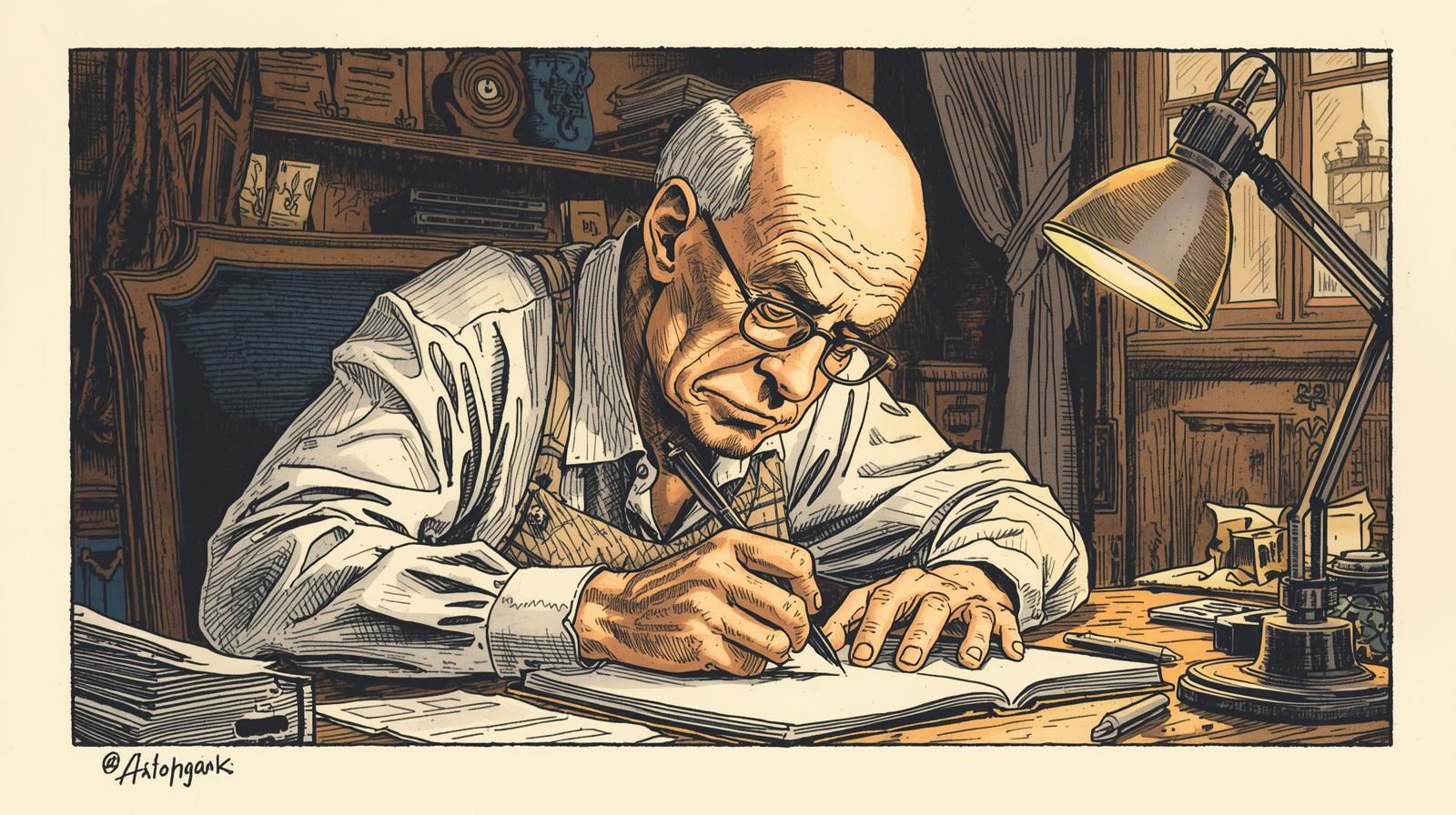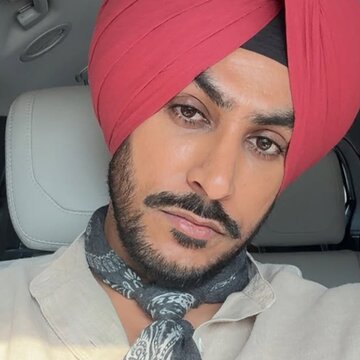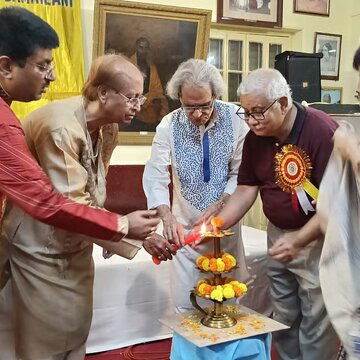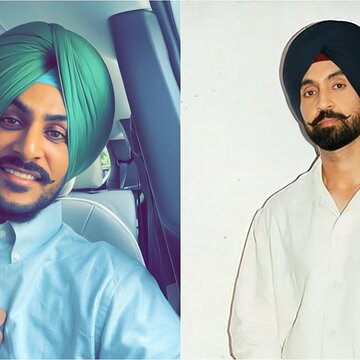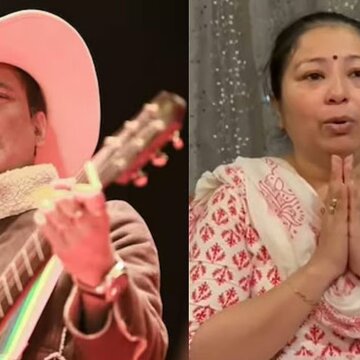India currently ranks 151st in the World Press Freedom Index, this reflects growing concerns about media independence under Prime Minister Narendra Modi's India. But when there was an Emergency under PM Indira Gandhi, there was a cartoonist from India, who fought off the battle of censorship with cartoons.
"It's unfair to lift censorship suddenly," growls a grizzled newspaper editor into the phone, a copy of The Daily Pulp sprawled across his desk. "We should be given time to prepare our minds."
This is a cartoon capturing this moment - piercing and satirical. This is the work of Abu Abraham, one of India's finest political cartoonists. His pen skewered power with elegance and edge, especially during the 1975 Emergency. It was a long 21-month stretch of suspended civil liberties and muzzled media under the former PM Indira Gandhi's rule. In various ways, even half a century later, Abu's cartoons still ring true, as we are sinking deeper in the press freedom index chart.
Who is Abu Abraham?
Attupurathu Mathew Abraham was an Indian cartoonist, journalist, and author. He used his pen name Abu most of the time. In a career span of 40 years, Abu worked for various national and international newspapers including The Bombay Chronicle, Shankar's Weekly, Blitz, Tribune, The Observer, The Guardian, and The Indian Express.
By the late 1960s, Abu had been drawing cartoons in London for The Observer and The Guardian for nearly 15 years, but returned to India where he joined the Indian Express newspaper as a political cartoonist during a period of intense political turmoil in the country. In retrospect, he wrote, pre-censorship that had newspapers and magazines submit their news reports, editorials, and even ads to government censors before publication started two days after the Emergency was declared, was lifted after a few weeks, and then reimposed a year later for a shorter period.."For the rest of the time I had no official interference. I have not bothered to investigate why I was allowed to carry on freely. And I am not interested in finding out.”
Fight with Censorship
Abu also attacked Sanjay Gandhi, Indira Gandhi's unelected son, who many believed controlled a shadow government during the Emergency and had unbridled power behind the scenes. Sanjay's impact was feared and contentious. Four years before his mother, Indira, was killed by her bodyguards, he perished in a plane crash in 1980. Abu was very political in his work. It has become clear to me that nothing in the world is not political. In 1976, he wrote in Seminar magazine, "Politics is just anything that is controversial, and everything in the world is controversial."
Abu was a cartoonist and, from 1972 to 1978, a nominated member of India's upper house of Parliament. His comic strip Salt and Pepper, combined light satire with commonplace observations, began in 1981 and ran for almost 20 years.
After moving back to Kerala in 1988, he kept up his writing and drawing until his passing in 2002. But Abu's legacy was always about the deeper truths his humor exposed, not just the joke.
He once said, "If anyone has noticed a decline in laughter, it may not be because people are afraid to laugh at authority figures, but rather because they feel that comedy and tragedy, reality and fantasy, have all somehow become mixed up." Often, his work had an edge because of this blurring of absurdity and truth.


